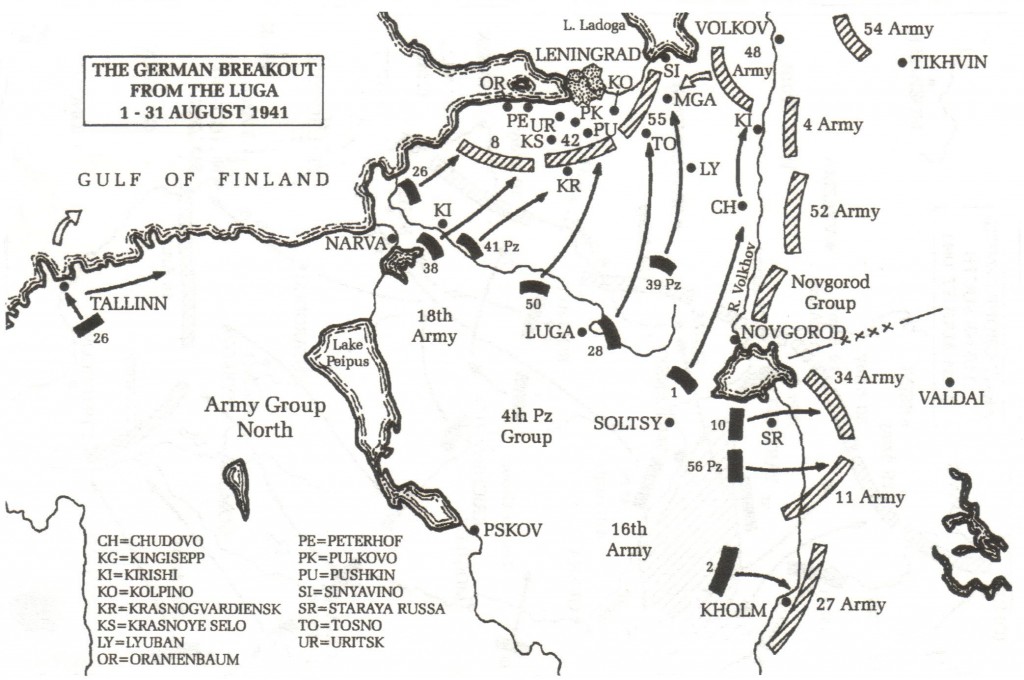I do not wish to detract from this thread's chief purpose, so I'll refrain from further posts on this specific point after this. If you'd like to continue this, we'd need to start a new thread.
With regards to Moscow, a June 10th start date grants the Germans an additional 12 days of good fighting weather and also moves up the overall dates in theory. So, instead of Operation Typhoon starting on October 2nd, it could start on September 20th, which means the Germans would have 17 days of good weather before the rasputitsa starts on October 7th. As far as capturing Moscow,
it is important to note that by October historically there was no troops within the city and Zhukov had been reduced to just 90,000 men:
While the Vyaz’ma pocket was being liquidated, a halfhearted German pursuit under Hoepner’s Fourth Panzer Army commenced, using the SS Das Reich Motorized Infantry Division as its spearhead. Before long, however, Das Reich was stopped cold on the Minsk-Moscow highway by two newly formed tank brigades equipped with the excellent T-34 medium tanks. The two tank brigades fought tenaciously for four days, delaying Fourth Panzer Army’s push toward Moscow and giving Zhukov some badly needed time to move forces—including strategic reinforcements from Siberia—into position at Borodino, Yelnya, and Mozhaisk, a trio of strongpoints west of Moscow.
Guderian’s delays in pushing beyond Orel, unexpectedly fierce Soviet resistance around Borodino, and the diversion of part of Army Group Center toward Kalinin gave Zhukov time to throw together parts of 18 rifle divisions and 11 tank brigades—around 90,000 men—to hold back the gray tide. He set up a new defensive line about 75 miles west of Moscow, centered around three cities on the main approaches to the capital—Volokolamsk, Mozhaisk, and Maloyarsoslavets. But by October 15, Bock was ready to attack once again.
As Zhukov himself later remarked:
“It was an extremely dangerous situation,” Zhukov says in the 1966 recording, responding to questions from the Soviet writer Konstantin Simonov. “In essence, all the approaches to Moscow were open.”
Stalin was so concerned that he actually offered peace terms:
Later, facing the failure of frontal defence in October, 1941, Stalin tried to buy peace from Hitler in return for the Baltic, Belorussia, Moldavia and part of the Ukraine.12
12 Nikolai Pavlenko, “Tragediya i triumf Krasnoi Armii,” in Moskovskie novosti, no 19 (1989), pp. 8-9. Pavlenko cited Marshal Zhukov as first-hand witness to this attempt, initiated by Stalin on 7 October, 1941. Volkogonov, Triumf i tragediya, vol II, part 1, pp. 172-3, places the episode as early as July, 1941, but in this he is apparently mistaken.
What ended up happening? The weather, in short, which seriously impeded German logistics. With the early start of the campaign, however, the Germans have 17 days instead of the five they historically did and, as Zhukov noted, once they defeated the outer band Moscow itself could be taken without resistance.
Serious Russian reinforcements did not arrive until December, which means the Germans would have six to eight weeks to fortify their positions and stockpile logistics; without Moscow under their control they could use the all weather Minsk to Moscow highway to do such.
Now, with regards to Leningrad, my apologies for not being more specific. An airborne landing in the city would be suicidal, my suggestion is actually that the airborne divisions c
ould be used to counter the Soviet 34th Army during the Staraya Russai offensive, keeping 4th Panzer free to continue advancing on Leningrad in August-September, when the defenses very nearly buckled. Even better, 16th Army (German) would remain safe behind the Volkhov River, preventing it from getting hit hard while over-extended during the Demanysk Pocket:

